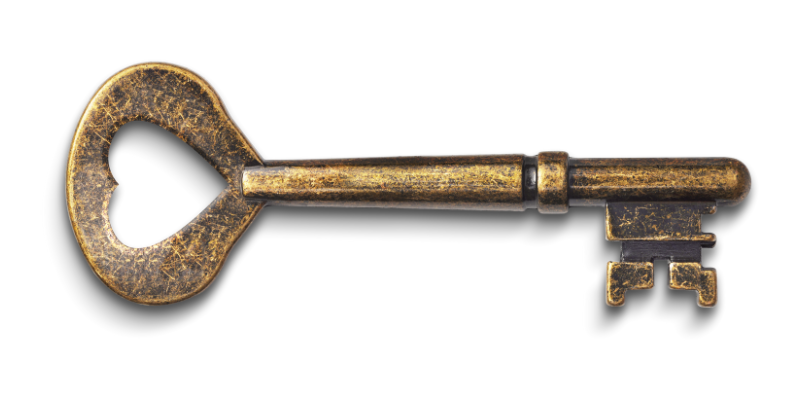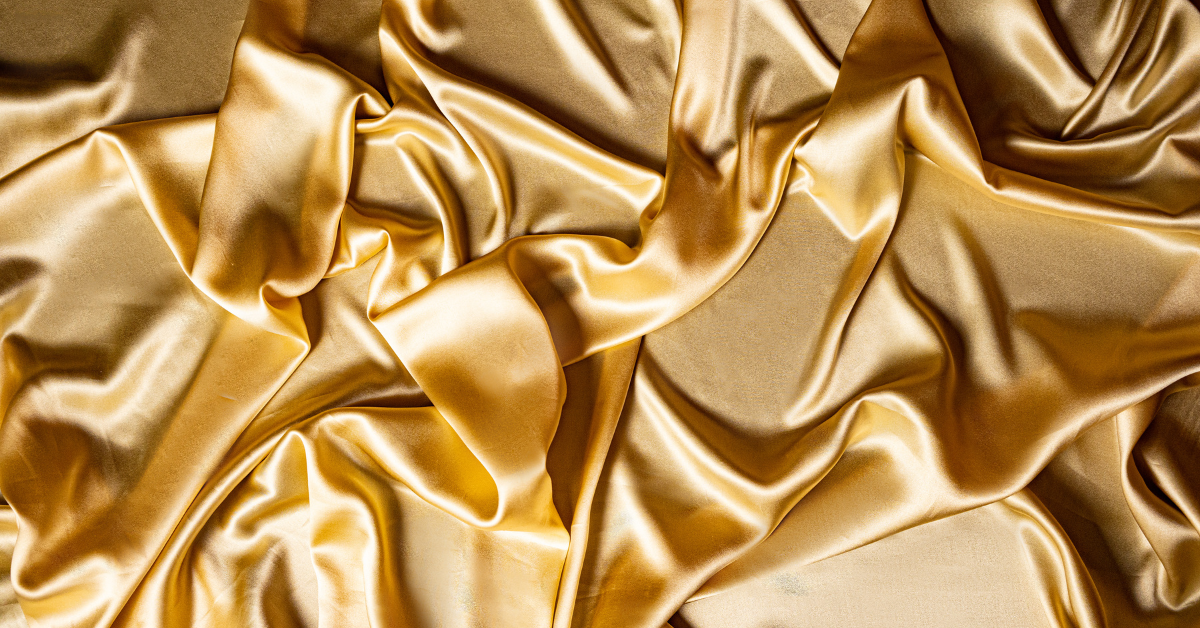Gold is the most exclusive and important metal used to mint money since ancient times. It is very soft and malleable compared to other metals like iron and stainless steel.
In addition, gold has several traits that make this precious metal so special. One of the reasons why gold is so special has something to do with rusting aka oxidation.
Is gold prone to rusting? Let’s find out if this valuable metal undergoes oxidation.
Can Gold Rust?
Pure gold is extremely malleable and the least reactive of all metals. Hence Gold does not rust, tarnish, or corrode. Not all gold is 100% pure and made in combination with other metals, therefore the gold combined with harder metals can potentially tarnish or rust over time.
The proportion and type of metal used in gold alloying determine its resistance to tarnishing and corrosion.
Rust or corrosion is a reddish-brown flaky coating on metal, caused when the metal reacts with oxygen and water, this whole process is called rusting.
Metals that are not reactive to oxygen are called noble metals whereas metals that oxidize are termed base metals. Pure gold, being the noblest of all metals, does not rust and react with oxygen.
Gold Corrosion
Gold corrosion is a term used to describe the deterioration of gold as a result of a chemical reaction with other substances.
Corrosion of pure gold is extremely rare and gold is non-reactive to most substances including oxygen. It is one of the reasons why gold is so valuable and expensive.
However, many gold alloys contain elements that induce gold corrosion. Mostly, cheaper and low-karat gold jewelry is prone to tarnishing and rusting. Gold Plated brass tarnishes over time.
Why Does Gold Not Rust?
Pure gold is a noble metal in the periodic table, hence, chemically inert and non-reactive to oxygen in the air. Solid gold does not corrode or rust in the natural or industrial environment.
Gold does not oxide because it is one of the least reactive metals extracted from the ground in its pure form. It does not react with oxygen in the atmosphere or form any layer on the surface like iron.
Gold atoms are chemically stable and do not attract oxygen atoms for a chemical reaction or binding. It does not react to chemicals present in the air, however, may get somewhat discolored. The gold discoloration is not due to oxidation or corrosion.

Does Gold Rust in Water?
Solid gold jewelry will not rust or corrode in water even if the individual wears it in the shower every day for the rest of his life.
As it is established, gold does not corrode in freshwater, many people believe corrosion happens much faster in saltwater.
However, that’s not true, gold corrosion does not happen or get accelerated by putting it in saltwater. To put it simply, gold is way too chemically stable to step into a chemical reaction with freshwater or saltwater.
Does Gold-Plated Jewelry Rust?
Since it is clear that the solid gold does not rust or tarnish, you would want to know if it is true in all cases and whether or not it applies to gold-plated jewelry. As discussed above, pure gold is not reactive to any molecules to air, freshwater, or saltwater, however, that’s not the case with gold-plated jewelry.
Jewelry made out of an alloy of gold is susceptible to different forms of corrosion. The most common alloys used in the jewelry industry are gold-nickel-copper-zinc and gold-palladium-silver.
The combined metal in the alloy does not necessarily have the same positive characteristics as gold. Combined with base metals, the gold-plated jewelry may show signs of wear and corrosion over time.
As far as gold-plating is concerned, the problem is not with the gold as it can withstand rusting, it is the metal underneath that will either rust or tarnish.
Conclusion
Solid gold corrosion is rare as it does not react to hardly anything in the surrounding environment. Pure gold is not prone to rusting in any type of moisture or water.
